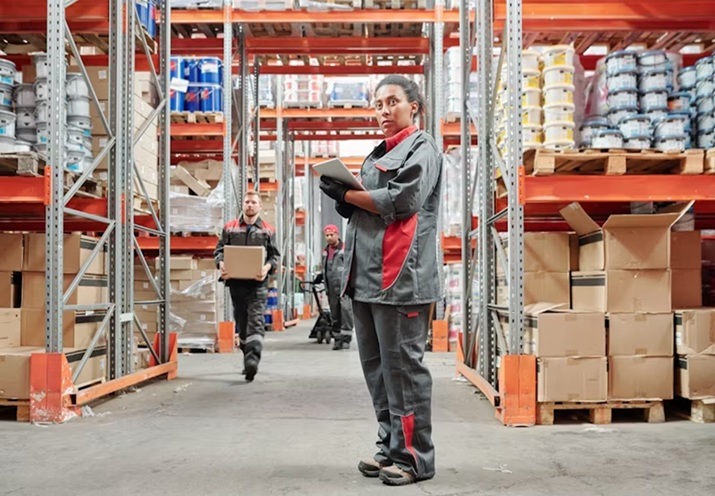No matter if you are completing orders for a retail store or single end customers, you will need to know exactly how to fulfill these different kinds of orders to run a smooth business. B2B fulfillment services can help and make it easy to understand how to make sure orders go smoothly.
In this article, you will find a quick and simple definition of what B2B fulfillment is, a definition for its counterpart B2C fulfillment, and the differences between the two. Also, mentioned are some helpful tips on this subject for fulfillment services in Charleston.
B2B Fulfillment
For B2B eCommerce fulfillment, orders are shipped from one business to another business directly or a retailer associated with it. For the most part, these orders are fairly large and very important to keep close track of for both businesses involved.
When it comes to placing orders, most businesses will buy large bulk orders to save money in the long run and lessen the number of times they need to place orders.
B2B fulfillment services need to be accurate because businesses could have many regulations in place for these orders such as product restrictions, compliance requirements, tax laws, parcel labels, and many other requirements.
Many businesses will choose to have their B2B fulfillment services done by a third-party logistics provider (3PL) which can be a great investment because they can deal with the complexities of B2B shipping and get products out much more efficiently.
B2C Fulfillment
If B2B stands for business-to-business you can probably already guess that B2C stands for business-to-consumer. These orders tend to be much smaller and less complicated than B2B fulfillment services.
Most B2C orders have a set price that is the same for every customer who orders the product and shipping is much easier because of the smaller packaging. However, there are much more strict time constraints involved in B2C fulfillment.
A B2C order can be as simple as a customer buying a product directly off of a business’s website and getting it shipped to their front door. These purchases are usually a one-time thing and are just for one person rather than a whole business.
Much like B2B fulfillment though, B2C fulfillment can be outsourced to a 3PL. The 3PL in this case would really only need to worry about getting the order out quickly and without any damages.
The Differences Between B2B and B2C Fulfillment
Among the main differences between B2B and B2C orders can be the scale of them. B2B orders can be typically much larger, but the main difference between the two is mostly the end user.
B2C is something many businesses handle on their own and is a fairly streamlined process. B2B orders are a different story and many companies will outsource these orders to 3PLs.
There are some other differences between these two types of orders but these are the main ones. Some of these minor differences include cost, returns, and how businesses handle them once they are received.
Conclusion
Congratulations, you now have some more knowledge on the subject of B2B fulfillment. Businesses of all kinds need to know their way around these kinds of orders and whether it is a good idea to outsource them to another company or not.
Shipping orders to customers is seen as a much different process than shipping them to other businesses, but this isn’t true! The processes are actually very similar.
Plenty of business owners debate on the best ways to optimize B2B fulfillment but, all in all, it is up to you on what method works best for your business. Not everyone goes about these orders the same way but can still find success in streamlining this process.
Learn more about Spectra’s fulfillment and warehousing services here.


